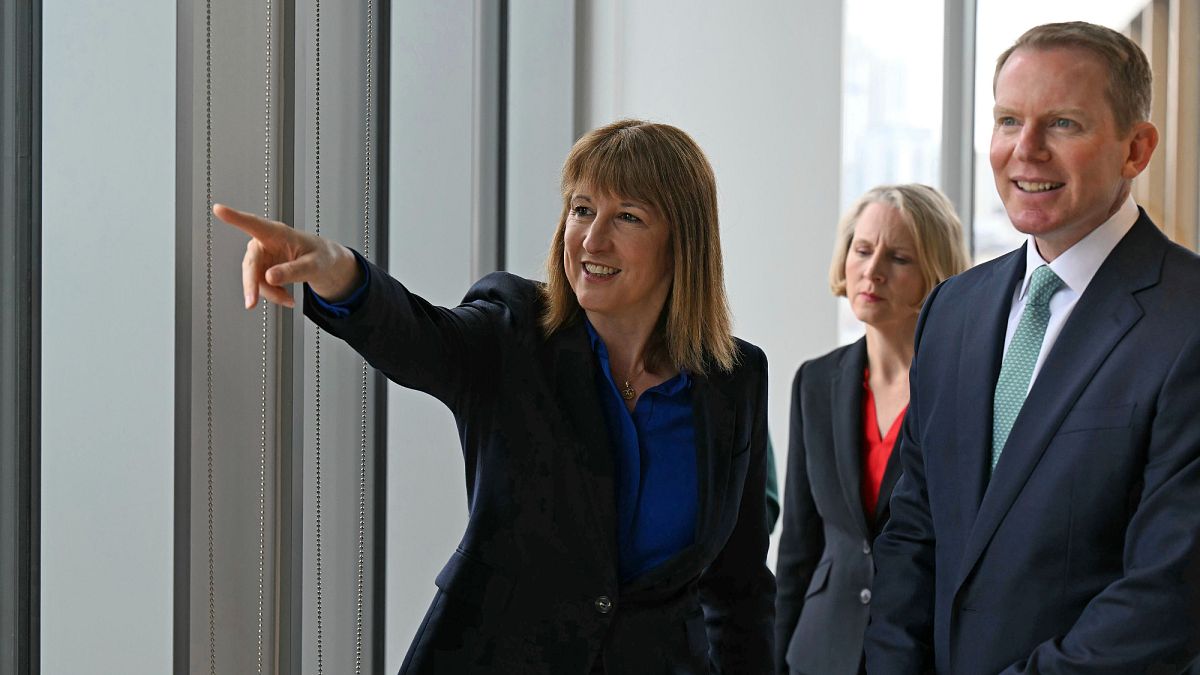

In an interconnected world, economic strategies and trade policies across the globe are developing with noteworthy pace and impact. As nations navigate these changes, a poised and strategic approach to financial and regulatory decisions helps smooth transitions and mitigate potential challenges.
In the United Kingdom, Treasury Chief Rachel Reeves has unveiled plans to recalibrate financial regulations in an effort to encourage investment. During her annual Mansion House speech in London, Reeves expressed a commitment to rolling back regulations that, she believes, have excessively sought to quash risk. This initiative aligns with the broader intent to stimulate the UK’s financial sector, suggesting a sensitive balance between maintaining necessary oversight and fostering a welcoming environment for investors. Through this move, the UK aims to position itself as a more attractive destination for financial investments by boosting economic activity.
Meanwhile, in Eastern Europe, significant financial changes are on the horizon for Bulgaria. European Union authorities have given the green light for Bulgaria to adopt the euro, marking its entry as the 21st member of the euro currency union. This transition, slated for January, highlights the EU’s goal of deepening integration among its member states. However, the change has sparked concern among Bulgarian small business owners, wary of the potential impacts on pricing and local economic dynamics. Nonetheless, this step represents a pivotal moment in aligning Bulgarian economic policy more closely with other EU nations, fostering unity and economic stability across the region.
$Across the Atlantic, the United States is experiencing a reassessment of its trade policies. President Donald Trump announced a trade agreement with Indonesia, which includes a 19% tariff on Indonesian goods entering the US. This tariff represents a significant decrease from the initially proposed 32%, resulting from negotiations to cement the deal. Alongside this, Indonesia committed to purchasing 50 Boeing jets, underscoring the importance of trade partnerships in facilitating industrial growth and mutual benefit. However, in a separate move, Trump’s administration also threatens a substantial 30% tariff on European Union goods, potentially impacting Europe’s ongoing robust growth projections. Investors in the eurozone are keeping a close eye on these developments, as such trade tensions risk triggering economic ripple effects across the continent.
The internal US economic landscape is also undergoing potential adjustments with political undertones. In Congress, Senate Republicans have advanced a proposal from President Trump to retract $9 billion in previously approved spending. This initiative seeks to claw back funds from international aid and public broadcasting resources, highlighting fiscal conservatism as a means to address national debt concerns. The narrow 51-50 procedural vote reflects a divided political environment, where economic strategies are closely intertwined with political maneuvering.
These varied economic policies reflect complex and multifaceted realities faced by global stakeholders. Each decision offers opportunities for growth, innovation, and integration but comes with its own set of challenges. As countries chart their economic futures, balancing domestic priorities with international commitments remains essential. Each step taken holds the potential to inspire positive outcomes through precisely measured and cautiously implemented strategies.
Source: {link}
